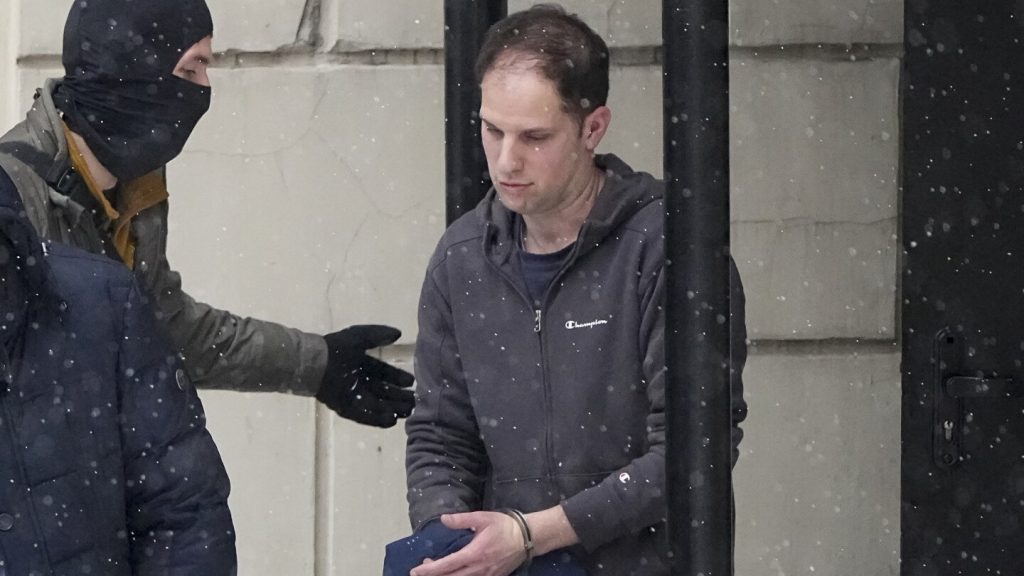The detention of American citizens in Russia has become increasingly common, with multiple individuals facing charges of varying severity. Some, like journalist Evan Gershkovich and corporate security executive Paul Whelan, have been accused of espionage and are awaiting trial or serving long prison sentences. The U.S. government has declared these individuals to be wrongfully detained and is advocating for their release, along with others like musician Travis Leake, teacher Marc Fogel, and dual nationals Alsu Kurmasheva and Ksenia Khavana.
The cases of Gershkovich and Whelan have received the most attention, with the U.S. government working to secure their release through negotiations with Russia. The U.S. has had success in the past negotiating prisoner swaps with Russia, resulting in the release of high-profile detainees like WNBA star Brittney Griner and Marine veteran Trevor Reed. However, it is unclear whether similar negotiations are currently in progress for other Americans held in Russia, such as Leake, Fogel, Kurmasheva, and Khavana.
Efforts to secure the release of Americans detained in Russia are complicated by the lack of transparency surrounding the negotiations. Russian officials have remained tight-lipped about potential prisoner swaps and the specific demands they may have. The challenge of navigating these negotiations weighs heavily on U.S. officials, who are working diligently to bring their citizens home. The fate of those imprisoned in Russia ultimately lies in the hands of President Vladimir Putin, as he holds the key to their freedom.
The rejection of proposals by Russia for the release of detainees like Gershkovich and Whelan has raised concerns about the complexity of negotiating prisoner swaps. Historically, smoother exchanges have occurred when relationships between countries are better, with prominent examples including swaps between the Soviet Union and Chile during the detente period of the 1970s. However, the current political climate between Russia and the U.S. presents challenges for securing the release of detained Americans, placing their fate in the hands of Russian authorities.
Despite the difficulties in negotiating the release of Americans held in Russia, the U.S. government is committed to continuing efforts to secure their freedom. Special envoys for hostage affairs are working behind the scenes to explore all possible avenues for negotiation, with a focus on bringing individuals like Gershkovich and Whelan back to their families. The sensitive nature of these negotiations requires careful diplomacy and ongoing discussions with allies and partners to determine the best path forward in securing the release of American citizens detained in Russia.
In the face of increasing tensions between Moscow and Washington, the plight of Americans held in Russia remains a pressing concern for U.S. officials. The challenges of negotiating their release underscore the complex dynamics at play in international relations, particularly when it comes to addressing cases of wrongful detention and ensuring the protection of U.S. citizens abroad. As efforts continue to bring these individuals home, the urgency of resolving these cases highlights the importance of diplomacy and cooperation in addressing human rights issues on the global stage.


